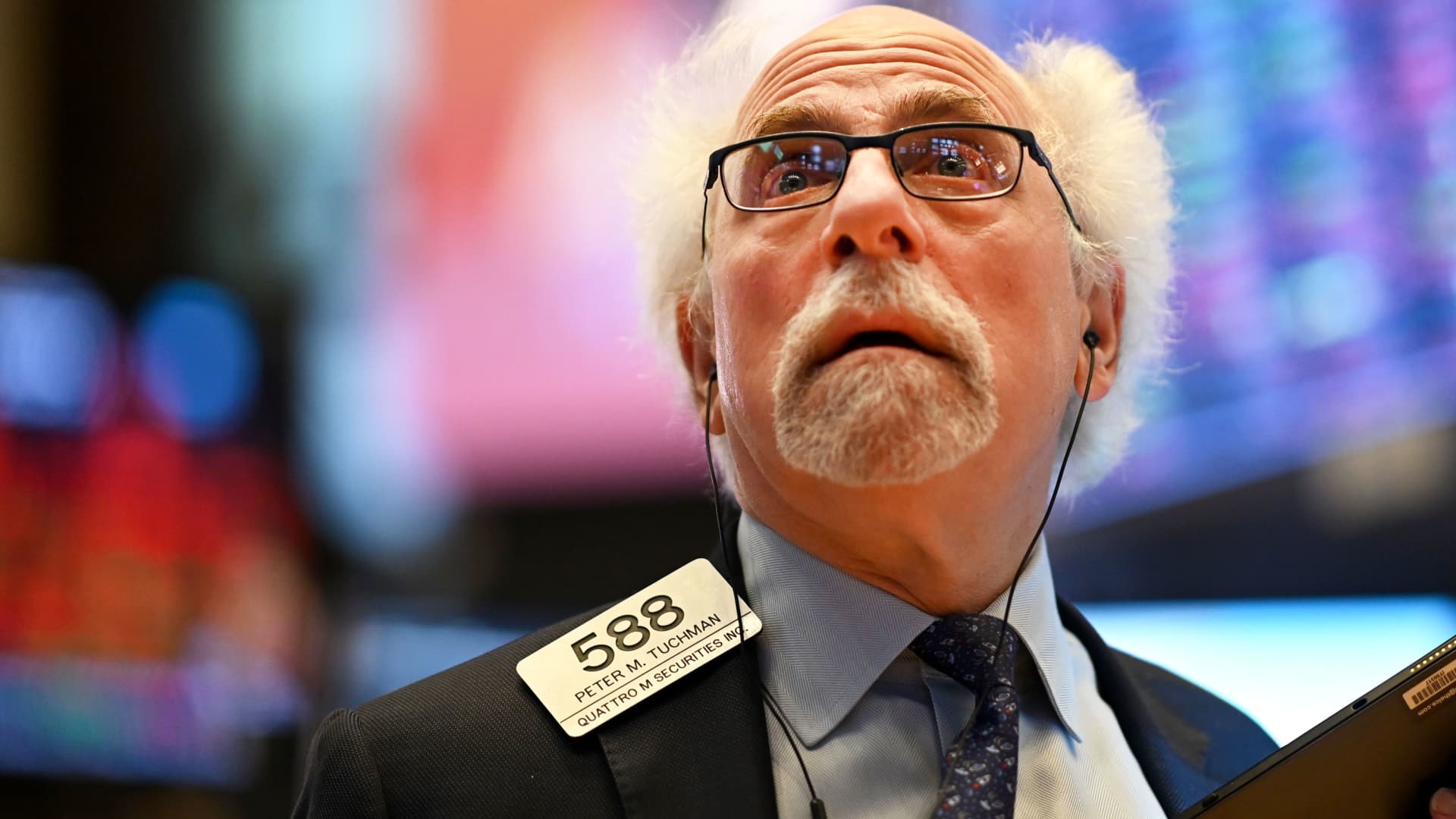
Stocks experienced a turbulent week as two major economic reports raised concerns about the health of the U.S. economy. The Dow Jones Industrial Average, S&P 500, and Nasdaq Composite all saw significant declines following disappointing GDP growth and inflation data.
First Quarter Economic Data: The U.S. Bureau of Economic Analysis reported that the country's gross domestic product (GDP) expanded at an annualized rate of 1.6% in the first quarter, significantly lower than the forecasted 2.4%. This marked a sharp slowdown from the previous quarter's growth rate.
Adding to investors' worries was a higher-than-expected inflation rate. The core personal consumption expenditures (PCE) price index increased at an annualized pace of 3.7% in the first quarter, up from 2% in the last quarter and above economists' expectations.
Stock Market Reaction: The Dow Jones Industrial Average dropped by as much as 1.8%, while the S&P 500 and Nasdaq Composite declined by up to 1.5% and 1.9%, respectively, before recovering slightly.
Meta Platforms' Q1 Earnings: Separately, Meta Platforms reported its first-quarter earnings with revenue of $36.5 billion, a 27% increase from the previous year and higher than expected. The company also reported a 7% increase in daily active people and improved operating margin due to advertising growth and cost cuts.
Despite these strong results, Meta Platforms stock plunged by as much as 15% after hours on the update, with investors seemingly concerned about the company's massive spending on AI research and data centers.
Market Outlook: The latest economic data and earnings reports have raised concerns about a potential slowdown in the U.S. economy, while persistent inflation continues to weigh on investor sentiment. The Federal Reserve is expected to closely monitor these developments as it decides whether to continue raising interest rates.


